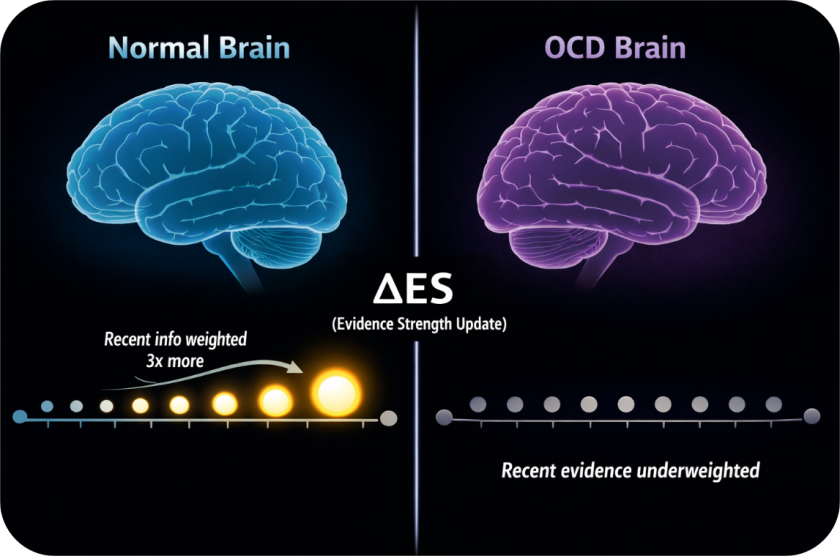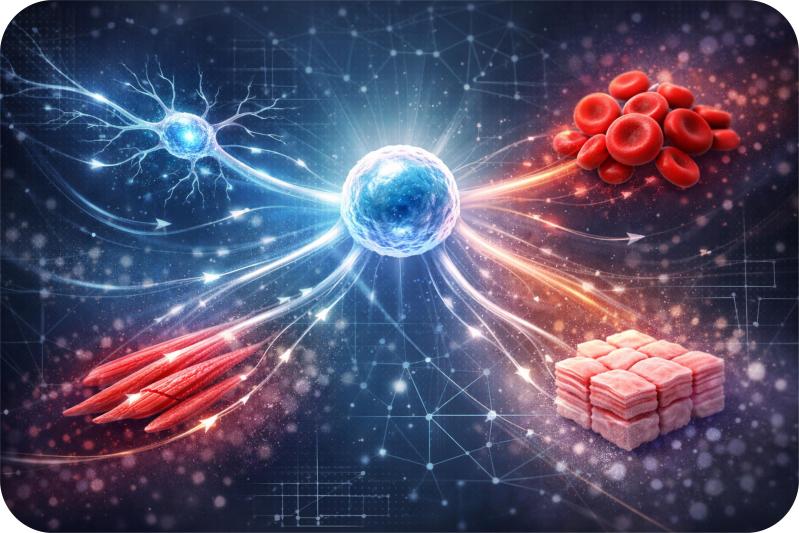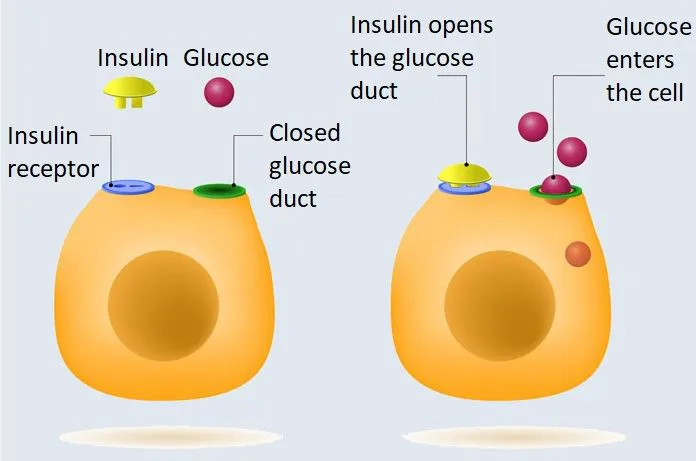
Recent research conducted by the Del Monte Institute for Neuroscience at the University of Rochester focused on understanding how ketones affect the brain’s hippocampal network. The hippocampus is a crucial brain region involved in memory formation and spatial navigation.
But what are ketones? Ketones are organic molecules produced by the liver, during the breakdown of fats in the body. They are used by the body’s tissues, including the brain, muscles, and heart, as an alternative fuel source when glucose availability is limited.
Since, these are water-soluble molecules, they can easily cross the blood-brain barrier. And can be utilized by neurons as fuel.
Insulin Resistance and Neurodegeneration with Aging Brain
As we get older, our brain undergoes some changes, especially in cognitive function, memory, and neuronal communication. Interestingly, they also become more resistant to insulin, which can have implications for overall brain health and eventually, more serious issues like neurodegeneration.
Once neuronal function is lost, it’s typically challenging to recover those connections. That’s why it’s crucial to identify when function first becomes impaired, said Dr. Smith, the principal investigator of this research.
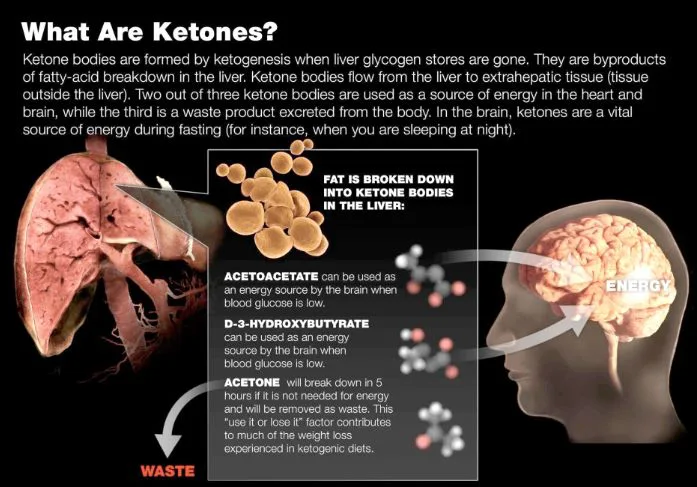
Sudden Insulin Resistance Disrupts Neuron Function
Researchers used mice as their model, and focused their attention on the hippocampus region. Their findings revealed that when insulin resistance kicks in suddenly, it messes with a bunch of key aspects of how neurons function. Some of those function include:
- how the neurons communicate with each other,
- how signals travel along their long arms (axons), and
- how they synchronize their activities with each other.
All these processes are super important for keeping the lines of communication open and running smoothly between neurons.
Ketones Restore Neuron Function
Researchers then offered a a dose of D-βHb, which is a type of ketone. And observed the following effects:
- Firstly, the synaptic activity, which had been affected by the sudden insulin resistance, got back on track. Synapses are the connection between neurons. At this juncture, they communicate with each other.
- Secondly, the conduction in the axons, which are like the long arms of neurons that carry signals, actually increased. This means messages were able to travel more efficiently along these pathways.
- Thirdly, the neurons started syncing up better with each other. The activity patterns synced in mutual harmony
- Lastly, the team observed an increase in synaptic plasticity. This refers to the brain’s ability to adapt and change, which is crucial for learning and memory.
As per Dr. Smith, this research has opened up exciting possibilities for developing therapies based on ketones. As of now, scientists are gravitating towards understanding the role of astrocytes and other types of glial cells in sudden insulin resistance. These cells are like the support crew for neurons in the brain.
In a nutshell, the study will surely lead towards better treatments for neurological conditions where insulin resistance is a factor.
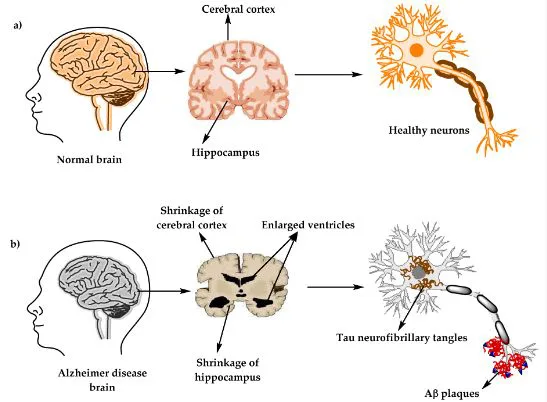
Takeaway
Overall, this research adds to the growing body of evidence supporting the potential therapeutic applications of ketones for neurological disorders. It also highlights the importance of exploring alternative metabolic strategies for maintaining brain health and function.
Additionally, exploring how ketones can help with other neurodegenerative diseases and conditions related to metabolic stress could open up even more possibilities. For instance, this could lead to ketone-based treatments that significantly improve the quality of life for millions of people dealing with these challenges.


